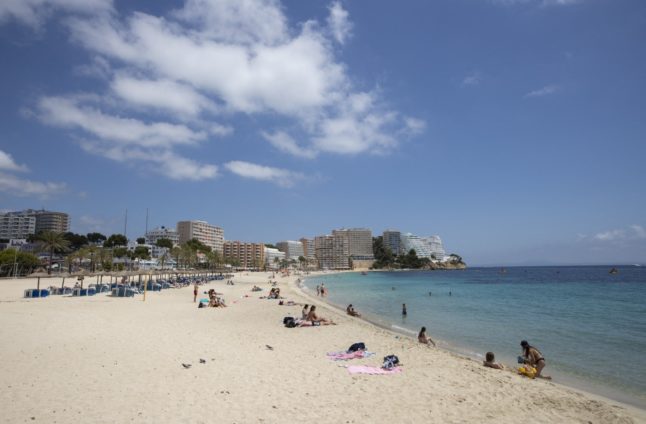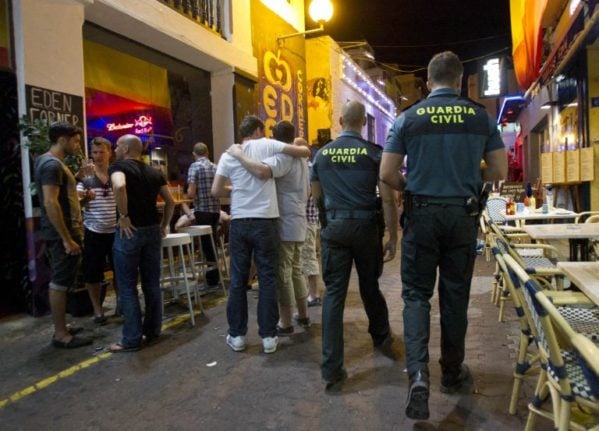85 percent of new residents settling in the Balearic Islands are foreigners. This is according to new data from Spain’s National Statistics Institute (INE), which recently published its Estadística Continua de Población (ECP) with provisional data as of January 1st 2024.
The most eye-catching figures show that the islands continue to grow in population, with over 1.2 million people now officially resident in the Balearics. A total 337,948 of that number are foreigners, INE figures show, and of the 21,581 new residents that arrived in 2023, only 3,339 were born in Spain, meaning that 85 percent of the new residents on the islands were foreigners.
Foreign born people make up over a quarter (27.4 percent) of the total population of the islands, the highest figure in Spain.
READ ALSO: Moving to Spain’s Balearics: Which island is right for you?
The Balearic Islands have long been home to a significant migrant population, many of them traditionally second home owners who split their time between countries. However, historically the bulk of these people were other Europeans, namely Germans, French and Britons, when the UK was in the EU.
But now the profile of migrants arriving in the Balearics seems to be changing somewhat. Of the over 21,000 residents that came in 2023, 14,000 of them hail from one of three countries, none of the European: Colombia, Argentina and Morocco. In other words, almost 7 out of every 10 new residents in the Balearics are Colombian, Argentinian or Moroccan.
Last year 6,720 Colombians arrived in the Balearics, a third of all new arrivals. 3,950 Argentinians emigrated to the Islands, and slightly fewer, 3,330, came from Morocco.
The INE figures only list the three largest migrant groups per region, so the annual fluctuations in resident numbers of nationalities that have traditionally settled in the Balearics, namely Germans and UK nationals, isn’t entirely clear yet. There are reportedly 8,000 British second home owners in Menorca alone, with 2,053 British residents living on the island.
READ ALSO: Second home owners on Spain’s Menorca left in limbo over lack of UK flights
Zooming out and looking at the national picture, however, it seems the rise in Colombians, Argentinians and Moroccans is in keeping with nationwide migratory trends, with the three groups leading INE figures across the country.
During the fourth quarter of 2023 the population grew in all regions of Spain, except in Andalusia and Extremadura. The largest increases occurred in the autonomous city of Melilla (0.64 percent), Madrid (0.44 percent), and the Valencian Community (0.41 percent). In the Balearic Islands population grew 0.13 percent in the final quarter of the year.



 Please whitelist us to continue reading.
Please whitelist us to continue reading.
Member comments